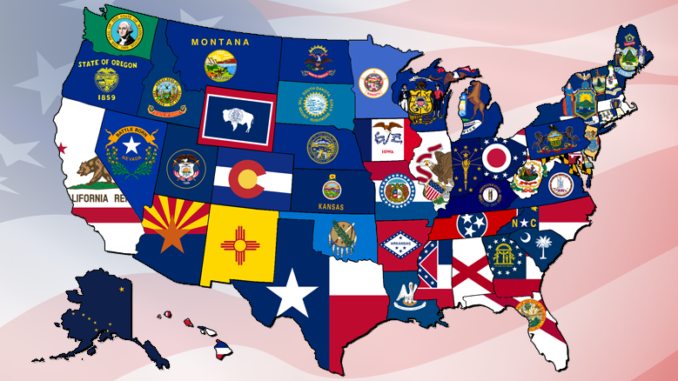
I seem to have learned many lessons from the Presidency of Donald J. Trump. More than anything else, I have learned how many people I once trusted because they supported positions I viewed as reasonable were wholly undeserving of that trust. Over and over I watched as people who had spoken highly of concepts like morality, honesty, integrity, and the fundamental equality of man and general human rights let those concerns fall by the wayside in favor of “fighting”.
Another lesson I learned is that I’d been correct all along in my views about limiting government.
Prior to Trump, there had always been a conflict between what people professed and their actions. People I trusted spoke glowingly of limited government, but the moment their chosen leaders were in control they eased off of their concerns. They were no longer on constant guard against encroachment and were willing to give the benefit of the doubt to small expansions of authority, assuming those efforts were counteracted by contraction elsewhere.
Warnings were often couched in the idea of pendulum theory. It was an inherently flawed model. The question should have always been, “Do you want to allow anyone this power?” Instead, it was framed by most Republicans as “Do you want to allow the Republicans this power, knowing that the Democrats will have it when they take control?”
The cult of devotion to Trump demonstrated the failure with that sort of thinking and showed by comparison how much restraint most Democrats – always accused in prior decades of reckless expansionism – had exercised. The risk existed that, at some point, enough of the party could be convinced to say “Yes,” based on the perceived qualifications of that man. I was under the impression that such would never happen, if we’d already weathered the likes of the much-adored Reagan without any serious calls for his elevation. I was completely and utterly mistaken.
The Founding Fathers weren’t.
A measure of authority is needed in the federal government. That was aptly demonstrated to us during the short lifespan of the Articles of Confederation and Perpetual Union. But I believe that authority needs to be restricted. We don’t require a blanketing bureaucracy attempting to protect us all, as is embraced by American liberals; and we certainly don’t need an autocrat dictating the actions of our lives as the nationalists demand.
The pendulum argument will still hold for both of those groups. Democrats should absolutely govern with an eye toward what the Republicans will do when they regain control, and the nationalist Republicans may learn some restraint when they take office for fear of eventual Democratic reprisal. Both are geared toward the exercise of power for what they believe is the greater good (although the nationalistic definition of “greater good” is offensively and foolishly exclusive, sometimes racist.)
I prefer individualism. I believe it allows for more societal innovation and more self-actualization than the other models, even as it imposes upon us a requirement to respect the rights of all others. I do not expect to change that view.
That individualism is only possible to the extent that control is not exerted by government, whether state, local, and especially federal. I appreciate the efforts that are perceived to be on my behalf but I find unnecessary, and I abhor actions which are designed to force the will of others upon me. I will reject both to the level that is lawfully allowed.
